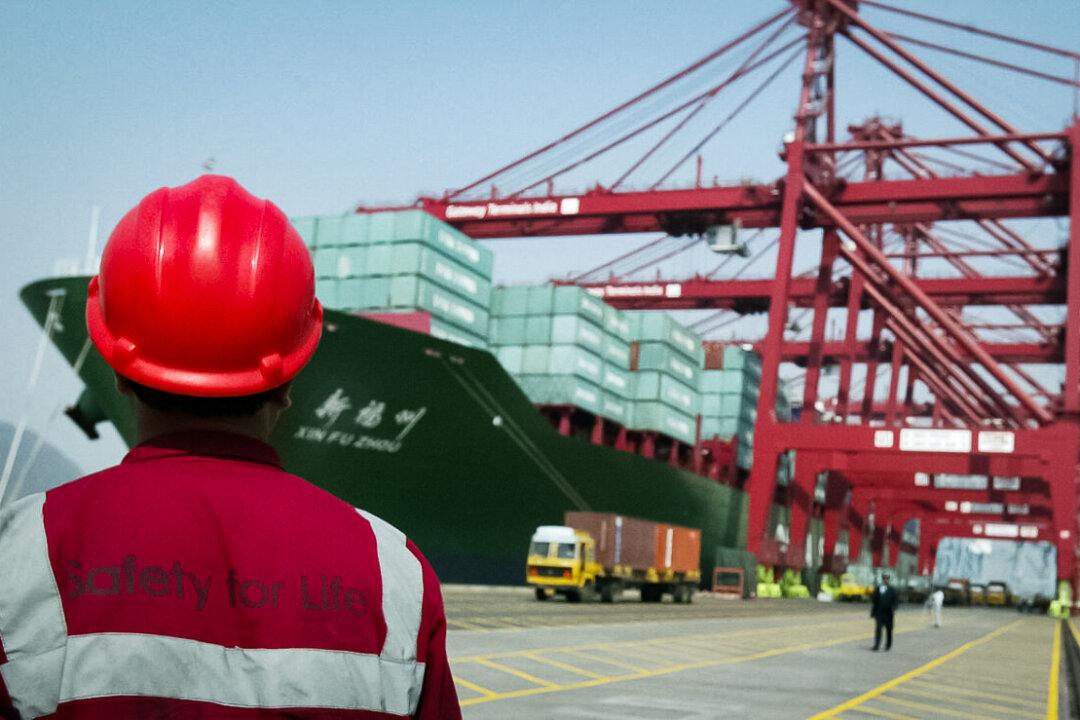NEW DELHI—Indian officials confirmed on March 2 that India stopped a Pakistan-bound ship from China on Jan. 23 over suspicions that it carried machines for use in Pakistan’s nuclear and ballistic program. Indian security agencies allege that the ship was carrying restricted military-grade material likely for use in Pakistan’s missile development program.
Indian news reports termed the cargo a “dual-use consignment” and said that the merchant ship, the CMA CGM Attila, which is registered in Malta and set sail from China, was bound for Pakistan’s southern port of Karachi. Indian intelligence agencies reportedly tipped off Indian customs officials, who found the vessel to be carrying a shipment that included a computer numerical control (CNC) machine manufactured by an Italian company.





